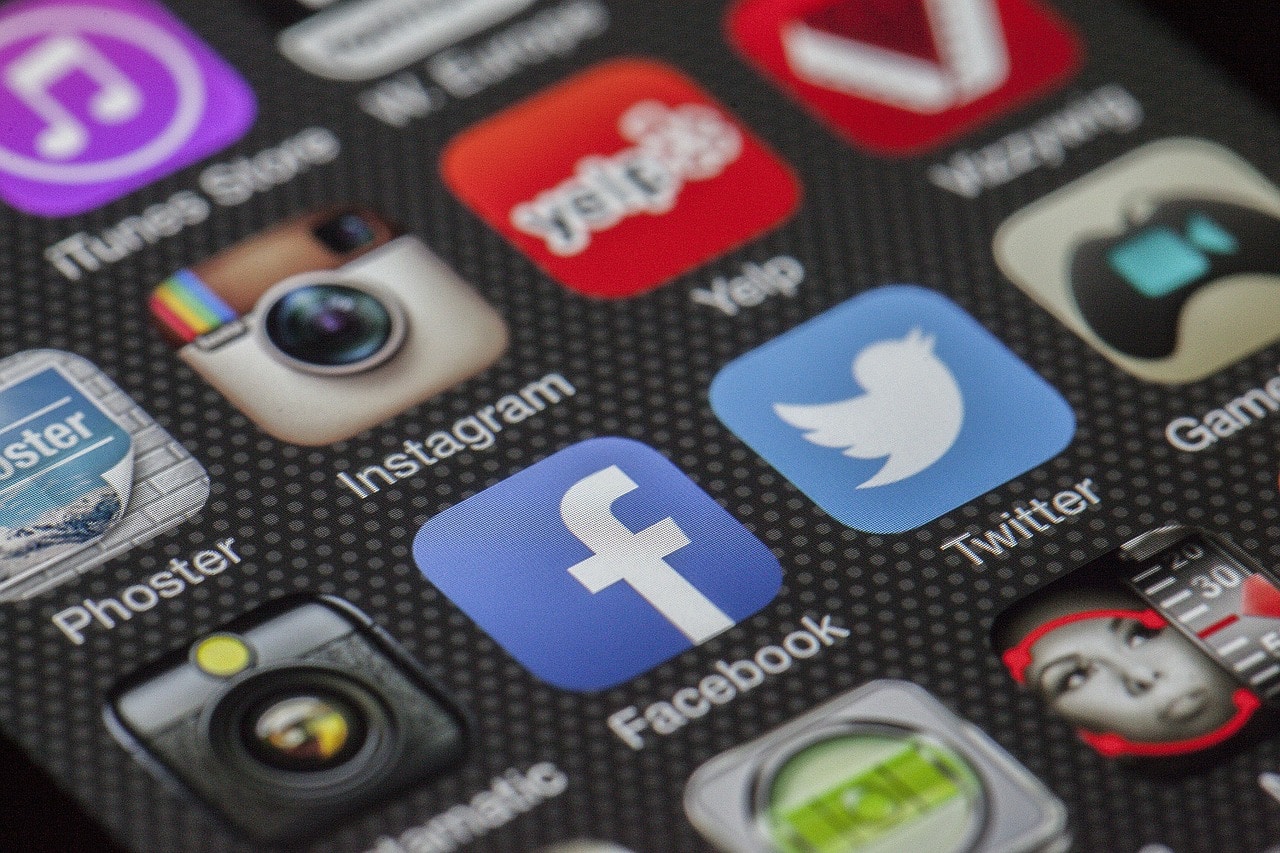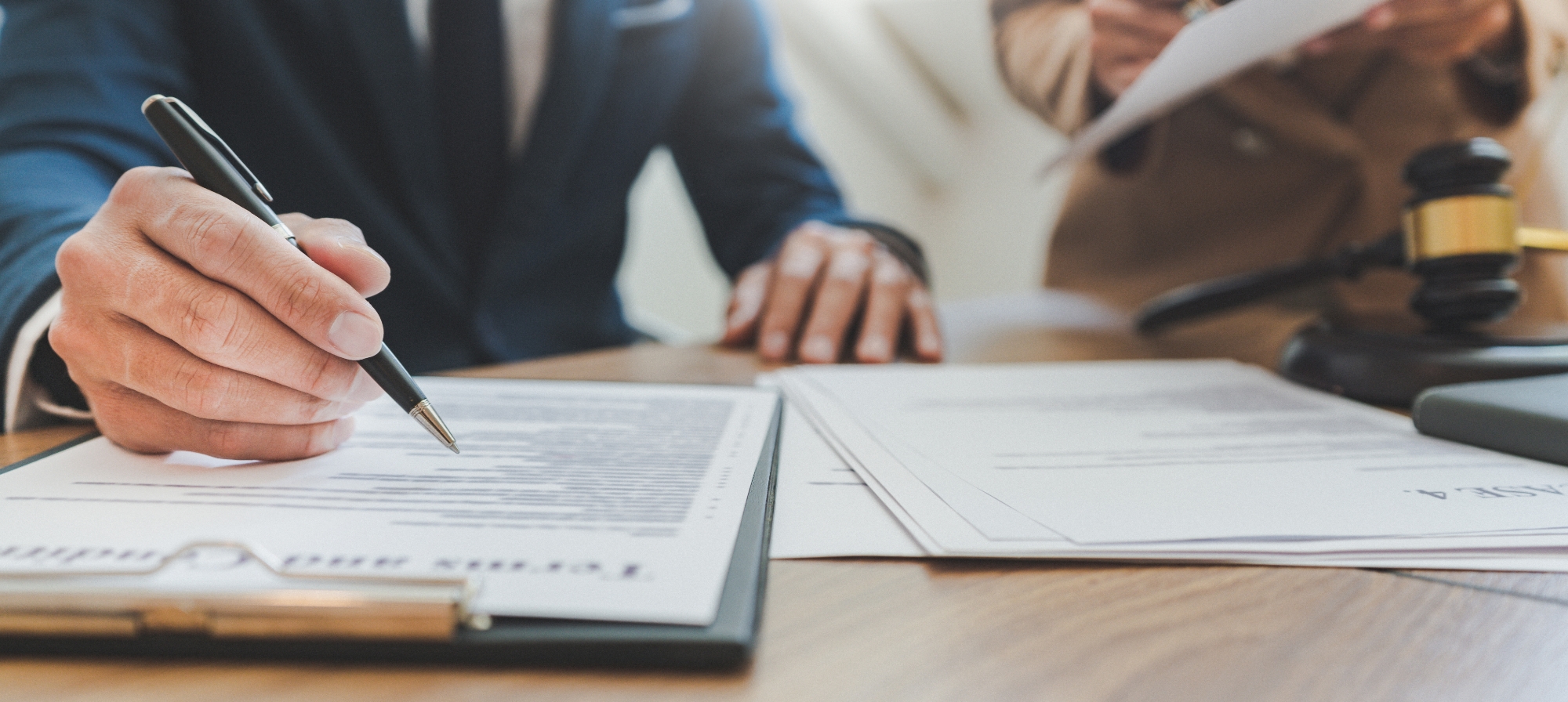For many of us, social media is a part of everyday life. We wish our friends a happy birthday on Facebook, follow our favorite celebrities on Twitter, play with Instagram and Snapchat filters, and pin pictures of delicious dinner ideas on our Pinterest accounts. These sites are fun and easy to use, and they keep us connected to our friends and family.
However, social media also has its pitfalls and dangers, and that’s never truer than during a personal injury case. After a car accident or other incident that leaves you injured, you should limit your social media activity as much as possible. Sometimes, it only takes one seemingly harmless comment, tweet, or photo to destroy your claim and eliminate your chance of recovering fair compensation.
There’s No Such Thing as Privacy on Social Media
Recently, privacy rights have become a high-profile political issue, especially as they pertain to social media use. However, most of us still download apps and share data without hesitation on Facebook, Twitter, and other platforms. While that’s often a necessary step to using social media in our everyday lives, it can be a serious mistake during a personal injury claim.
Just as you and your attorney will build your case by collecting evidence and records, defense attorneys, insurance companies, and investigators do the same on the other side. Since so many people are on social media today, it’s a logical place for a defense lawyer to start his or her investigation.
RELATED VIDEO: If I File a Lawsuit, Will Someone Spy on Me?
Many people believe their social media posts are off-limits as long as they configure their privacy settings carefully. Unfortunately, when it comes to a car accident and the subsequent lawsuit, this just isn’t true. Depending on your privacy settings (and often despite them), the insurance company can easily track your actions, turning seemingly innocuous updates into potentially devastating mistakes.
“The insurance company can easily track your actions, turning seemingly innocuous updates into potentially devastating mistakes.”
The Insurance Company Wants to Damage Your Credibility
There are three areas where an experienced insurance defense attorney will look for possible weaknesses in your case: your credibility, the legitimacy of your injuries, and the connection between those injuries and the crash.
Within these three areas, the defense will use any evidence they can find to try and spin things in their favor. And when it comes to social media evidence like photos and comments, perception is everything. Even if your photo or comment is innocent, anything you post can be taken out of context and used against you.
RELATED EBOOK: 5 Mistakes to Avoid After an Auto Accident
For instance, let’s say another driver crashed into you and you suffered a fractured arm, a broken leg, and a mild concussion. Six weeks later, your leg is in a cast, your arm has almost fully recovered, and your concussion symptoms have eased. You feel better but have endured a great deal of hardship because of these injuries, and you may have serious, long-term health issues because of them.
But is that going to stop you from standing up with your best friend at his wedding? From holding your newborn daughter at the hospital? From using those $300 Rolling Stones tickets you bought nine months ago? Hopefully not. It’s normal and healthy for injured victims to try and get back to activities they enjoy, even if doing so requires them to persevere through pain and anxiety. But if you or your friends, family, and acquaintances post about these events and your participation in them, the defense counsel is going to pounce on what they view as an opportunity.
This defense tactic disregards context and circumstance, but sometimes the image of you and the perception it creates is all that matters. In court perhaps more than anywhere, a picture is worth a thousand words, and there you are dancing at the wedding. There you are holding your baby. There you are jamming along to “Jumpin’ Jack Flash.”
The real problem with your wedding or concert post is that it most likely never told the whole story in the first place. No one likes to complain and bring other people down, so it’s natural to post about the fun aspects of your experience while downplaying the pain and fatigue you struggled through. However, while it’s understandable that you don’t want to fill your social media with posts about chronic pain, depression, and desperation after a car wreck, those overly sunny posts can damage your credibility and destroy the value of your claims.
How Can I Protect Myself on Social Media Platforms?
There’s one foolproof method to prevent social media posts from hurting your personal injury case, and it requires one simple step: Don’t log onto social platforms until your case wraps up. Even better, deactivate your accounts entirely for the time being so you don’t even feel tempted.
RELATED ARTICLE: “Cleaning Up” Your Social Account May Affect Your Injury Case
However, we understand that it’s difficult to stay off social media and that doing so can make you feel even more isolated during a difficult time. While we still recommend you avoid posting on social media as much as possible after a crash, follow the guidelines listed below will lower your risk of posting something that harms your case.
- Do not post about or respond to anything regarding your crash or your legal case.
- Only interact with users whom you know personally and trust.
- Review your privacy settings and don’t let the public view your posts.
- Remember that the attorneys for the other side may be able to access anything you post, no matter how you configure your privacy settings. This is especially true if the posts are determined to be “relevant” to how your injuries have affected you.
- Do not post any new pictures or videos of yourself that depict you in ways that could be inconsistent with your injury claim, and request that your friends refrain from creating these types of posts about you as well.
- Do not connect with any new friends unless you know them personally and can verify exactly who they are. They could be private investigators for the other side.
- Most importantly, don’t post any photos of you drinking or partying. These photos are often taken out of context in court proceedings. You don’t want a fun photo to become a defense exhibit in court used to cast doubt on your claim.
If you’ve already posted something that you’re now worried about, there are some circumstances where you can go back and try to delete the posts or pictures in question. But if you are already in a court case and the other side has subpoenaed or formally requested your social media posts, then deleting them might constitute tampering with evidence.
If you find yourself in this situation, consider contacting an experienced personal injury lawyer who has handled similar cases before and understands how social media evidence affects injury claims. Your attorney should be able to review your social media content and advise you about your best path forward.
Crosley Law: We Help Crash Victims Navigate Their Claims
Personal injury claims are complicated. You need an injury lawyer who has extensive knowledge and resources and who knows how to protect your credibility. At Crosley Law, we pride ourselves on providing aggressive and thorough legal representation—educating our clients, preparing them for trial, and demanding justice on their behalf.
If you’ve been injured due to someone else’s negligence and you’re ready to schedule your free consultation with one of our San Antonio injury lawyers, call us at 210-LAW-3000 | 210-529-3000 or complete our online form.
The content provided here is for informational purposes only and should not be construed as legal advice on any subject.









